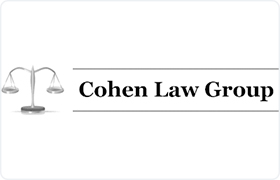Bellingham Real Estate Lawyer, Massachusetts
Sponsored Law Firm
-
 x
x

Click For More Info:
-
Cohen Law Group
500 Commercial St Unit 4R Boston, MA 02109» view mapBusiness, Real Estate, Accident & Injury Over 50 Years Of Experience
With over 50 years of experience, the Cohen Law Group is a well-established law firm located in the heart of Boston’s historic North End.
800-790-5110
Paul G. Murphy
Real Estate, Workers' Compensation, Wrongful Death, Medical Malpractice
Status: In Good Standing
John J. Roche
Real Estate, Wills, Wills & Probate, Workers' Compensation
Status: In Good Standing Licensed: 37 Years
 Herbert Cohen Boston, MA
Herbert Cohen Boston, MA Practice AreasExpertise
Practice AreasExpertise
